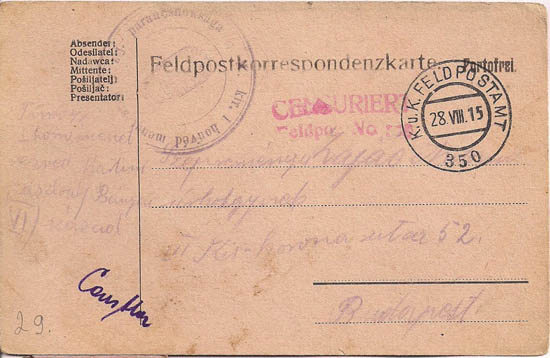
| Absender: Odesilatel: Nadawca: Mittente: Pośiljatel: Posiljać: Presentatur: |
K. Timó 1st Marching Regiment Martini Battalion Bányay Company Post 350 |
Feldpostkorrespondenzkarte
To the honored Miss Antonia Zajác
3rd district, Kis-Korona Street 52.
Budapest
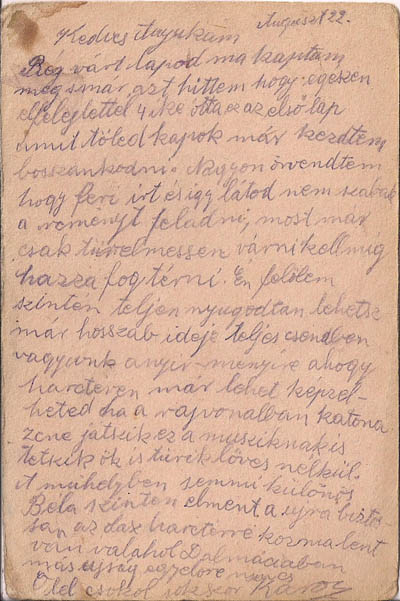
| My dear Mom | On 27 August |
I have received the cards you sent me on the 29th. I was very much looking forward to it. I don’t understand what you write that only at home they received a card from me, when I always send my postcards in pairs. And it would not be bad if you wrote more frequently, because from here I am allowed to write only that I feel well, but you can write more.
Buy The Evening of 22 August, from there you can learn more about what we are doing here (from the article of Ferenc Molnár, he was here at us).
I have seen cherries and peppers, but I have not eaten of them. Let us leave them for better times.
I thin I will have no more winter here. It was enough in the past.
Many hugs and kisses from your Károly

[The curious posterity can get some idea of the life of the soldiers on the front line, even if indirectly, because censorship works perfectly.
It appears from the letter, that the part of the front line where Károly served, was visited by war correspondent Ferenc Molnár, the reputable journalist and novelist, who would later make a career in the United States. He shared his experiences with the readers of Az Est (“The Evening”).
He published his collected reports as early as in 1916 with Franklin Társulat, entitled Memories of a war correspondent. Strike the iron while it is hot!
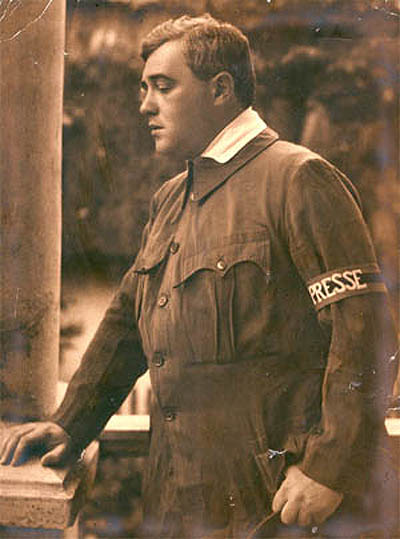 Ferenc Molnár as a war correspondent (Hungarian National Library / Department of Theater History, KB 838/1964)
Ferenc Molnár as a war correspondent (Hungarian National Library / Department of Theater History, KB 838/1964)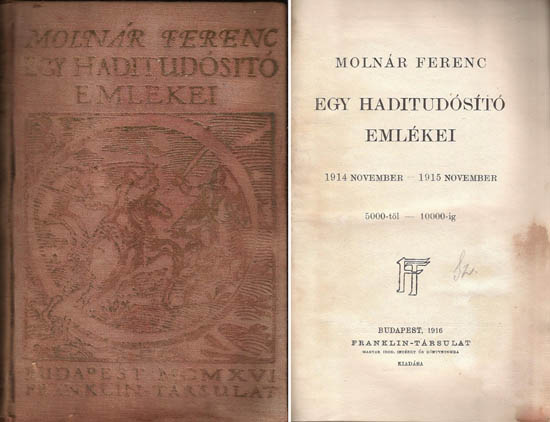
One can easily find the written record of his visit paid to Károly’s trench, from page 411:
“AT ZLOTA-LIPA
Panowice, August
I spent the morning in the positions of the 1st Infantry Regiment of Budapest. As you have almost expected: they have established a veritable city partk in the forest, with stands and swings, they built a stylish villa for their commander, and a cabaret stage for themselves. The buildings and labels are full of ideas. There is a soldiers’ promenade, a choral society, they wrote a couplet “Venetian Nights”, programs distributed in several copies; arts and crafts, statues carved from white limestone, superb sticks clipped from young pine, mouthpieces, they have poems, songs and “Phone Newsletter” (on silent evenings they connect the phones of the trenches, they play violin, sing and recite poems), newspaper reading, promenade (with a sign “it is strictly forbidden to step on the grass”), Gypsy musicians and acrobats – Pest remains Pest even here…
…The first commander of the young regiment was Colonel Zsigmond Csicsery, who was later commanded to another commission. Now Lieutenant Colonel Ferenc Frauendorfer is their commander-in-chief, Captains Tauffer, Martini and Ghiczy the captains of battalions. The regiment is fighting a standing war. After hard and wild battles, the kids of Pest now show in the trench-war, what they are capable of…”
The place and the persons can be perfectly identified. The writer visited the 1st Infantry Battalion of Budapest, and he mentions a name which always figures in the address of the sender of the pink postcards: Battalion Commander Martini.
The wartime censorship obviously severely filtered the information, and suggested the description of an intentionally idyllic picture to the correspondent, who reassured the anxious families with it. Perhaps also the members of the Timó and Zajácz families who remained at home, if they ever read Az Est.
However, Ferenc Molnár finds a way to play out the rigors of censorship, and to show in a few lines the reality of the war:
“…I never wrote letters on paper as hopelessly as now. You cannot describe the war for those at home. Whoever is here, understand each other without speaking… The twenty-year-old disease of the will to write torments me here with such a heat, that I must forget all prudence, and just write, write to home – shouting through miles, over the mountains, from Galicia, that the center of the world is not at home, but here, in this dirt and dust, between the trenches and wooden crosses, where the pike-gray kids look out with hope from the holes of the earth…”]
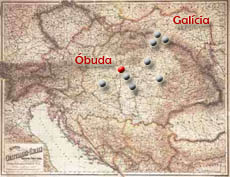
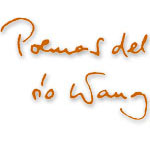




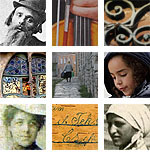
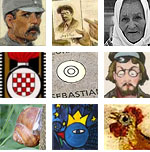

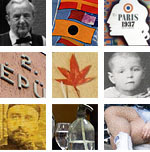


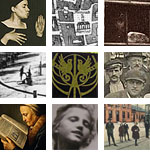

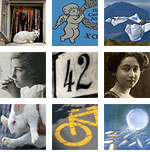

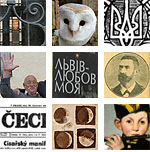


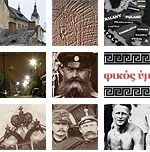
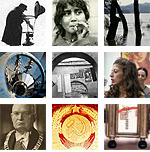

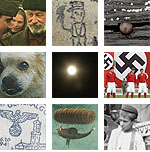

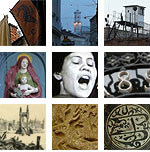


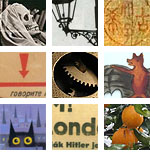
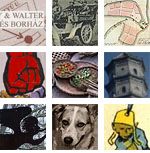


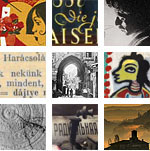
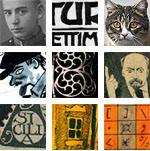


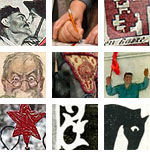



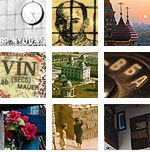

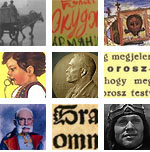
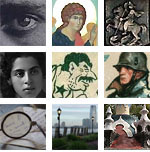


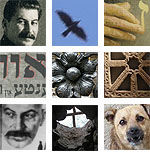
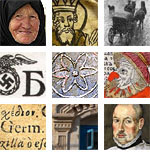

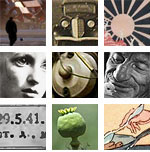
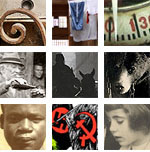
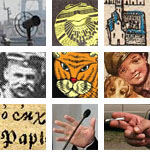
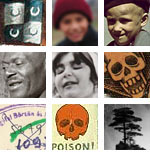


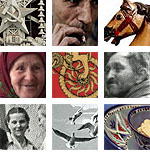



No hay comentarios:
Publicar un comentario